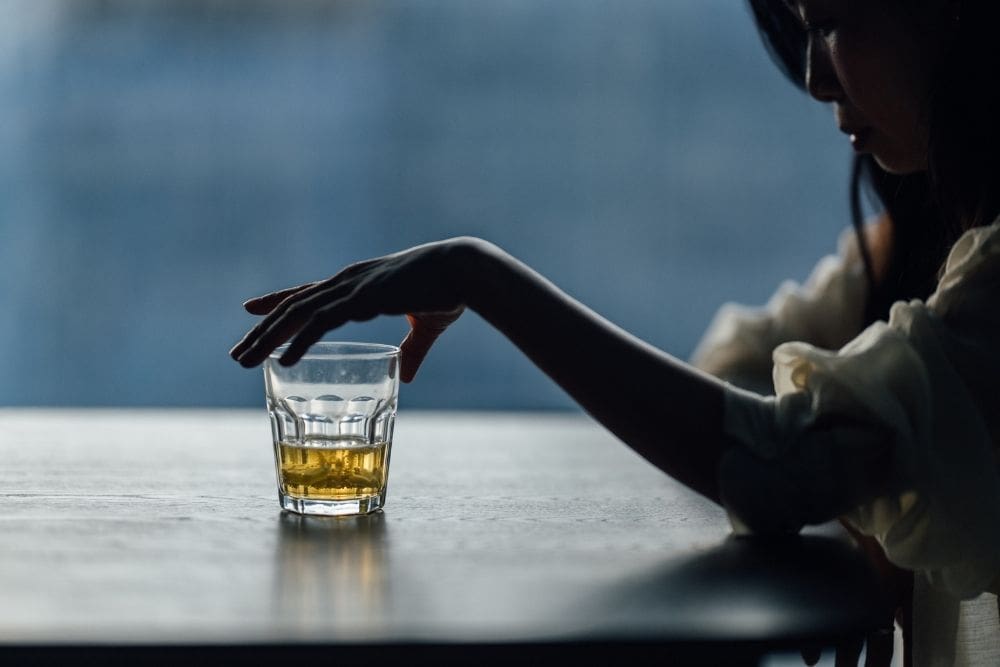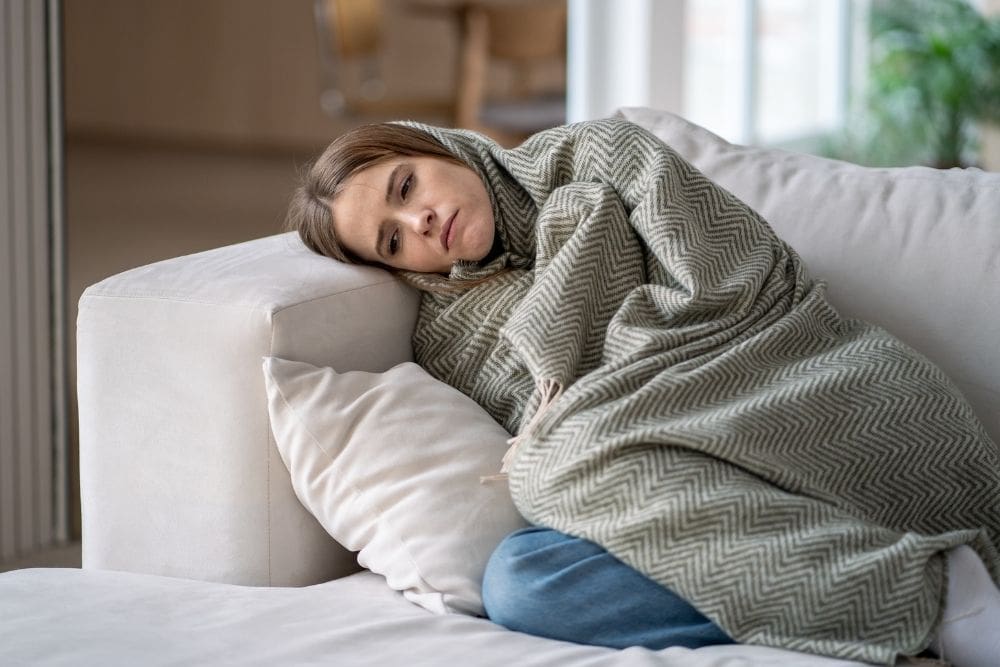That time of year is upon us in Iowa: the winter blues, that bout of seasonal depression, sad in overdrive, winter depression, the low-temperature lonelies, angry-winter-bird mood, frozen heart syndrome: these are all real and pretend names for seasonal affective disorder (SAD).
While people with SAD still retain a sense of humor, there’s no doubt that the disorder is a clinical type of depression that depends on seasonal weather patterns. It affects anywhere up to 5% of adults in America and it can last for upwards of 40% of the year.
In Iowa specifically, SAD is a seasonal reality for many adults. In 2022, nearly 18.5% of Iowans were recorded to have received a depressive diagnosis. SAD symptoms almost always coincide with one, some, or all standard depression symptoms:
- Feeling perpetually sad, weepy, empty, or hopeless
- Angry or frustrated explosions or outbursts that can be unwarranted
- Losing interest in hobbies, exercise, or the bedroom
- Slow speech, thinking, or movement—along with/and mysterious aches and pains
- General lethargy, fatigue, and concentration/memory deficits
- Fixating on mistakes, failures, feelings of worthless, suicide, and self-blame, as well as suffering from impaired decision-making skills
Typically, when someone has SAD, their depression generally begins in the fall and ends in the spring. Winter SAD symptoms almost always align with depression and summer SAD symptoms, with some nuance:
- Hypersomnia or spending more time than necessary sleeping
- Weight gain due to carb cravings and general overeating
- Social isolation and withdrawal, commonly referred to as hibernation
Infrequently, some people who suffer from SAD experience depression at the onset of spring and begin to find relief as summer fades into fall. Summer SAD symptoms are also unique:
- Insomnia or general difficulty falling and staying asleep
- Lack of appetite or undereating
- Feeling restless, anxious, or agitated
- Displaying violent or aggressive behavior
The real indication that someone has SAD, however, is not just the presence of these depression symptoms—rather their cyclical, predictable presence that’s clearly triggered by the shifting seasons. If you know that you only become depressed during certain times of the year, it’s likely that you’re dealing with SAD.
How Does SAD Impact Sobriety?
SAD can throw a monkey wrench in your sobriety, tempting you to lean back into old, destructive albeit comforting behaviors with substances.
Many clients who visit our Bayard and Des Moines treatment centers have firsthand experience with comorbidity—or the presence of two mental health disorders at once. They know what it’s like to live with depression and cope with it using substances—sometimes to their own detriment.
Unfortunately, it’s more likely that people who suffer from SAD will also suffer from drug abuse or alcoholism. Prolonged states of poor mental health can often push people to manage symptoms with cocaine, meth, heroin, excessive alcohol, and more. Relying on these drugs can create an addiction, which may then require detox services and residential treatment programs.
In sobriety, there’s an added element of self-care for SAD sufferers. You have to be aware of the treatment options for the disorder and choose one or all of the best-recommended remedies for you while you beat addiction:
- Light therapy (therapy that provides artificial sunlight for your body)
- Talk therapy or cognitive behavioral therapy (CBT)
- Prescription antidepressant medication
- Vitamin D supplements
Getting a little sunlight substitution and added vitamin D is particularly effective for people who suffer from winter SAD. Summer-triggered SAD is more of a trial and error approach for those that have it.
How To Manage SAD Symptoms
Relapse prevention can help mitigate and control potentially detrimental SAD symptoms for you or your loved one in treatment. Preventing relapse is an integral part of addiction education and it’s one of the greatest life skills needed in recovery. The core tenets of preventing drug relapse are simple but require practice:
- Engaging in and keeping up with therapy
- Regularly taking your prescribed medications
- Being open, honest, and serious about recognizing, monitoring, and communicating relapse triggers
- Leaning on peer and group support when relapse is pending
If you or your loved one struggles to balance your recovery needs during your bouts of SAD, you can contact us today. Our intensive outpatient program in Des Moines is equipped to provide extra support and guidance during the seasons that affect your depression the most. We can also offer helpful, evidence-based CBT services to help your brain combat temptations and stressors that plant relapse seeds. This season doesn’t have to be sad. St. Gregory is here to be a ray of sunshine when you need it most!




